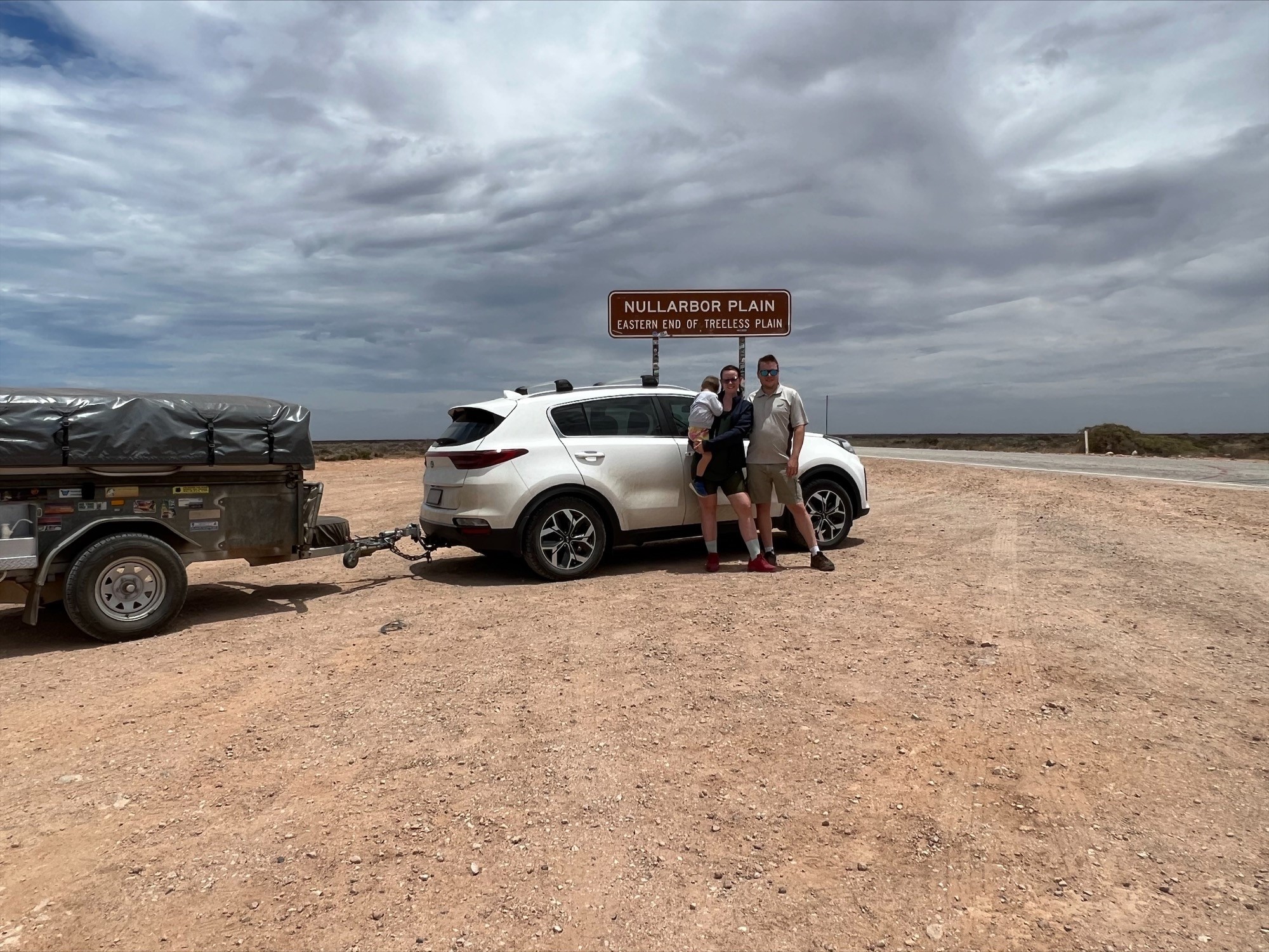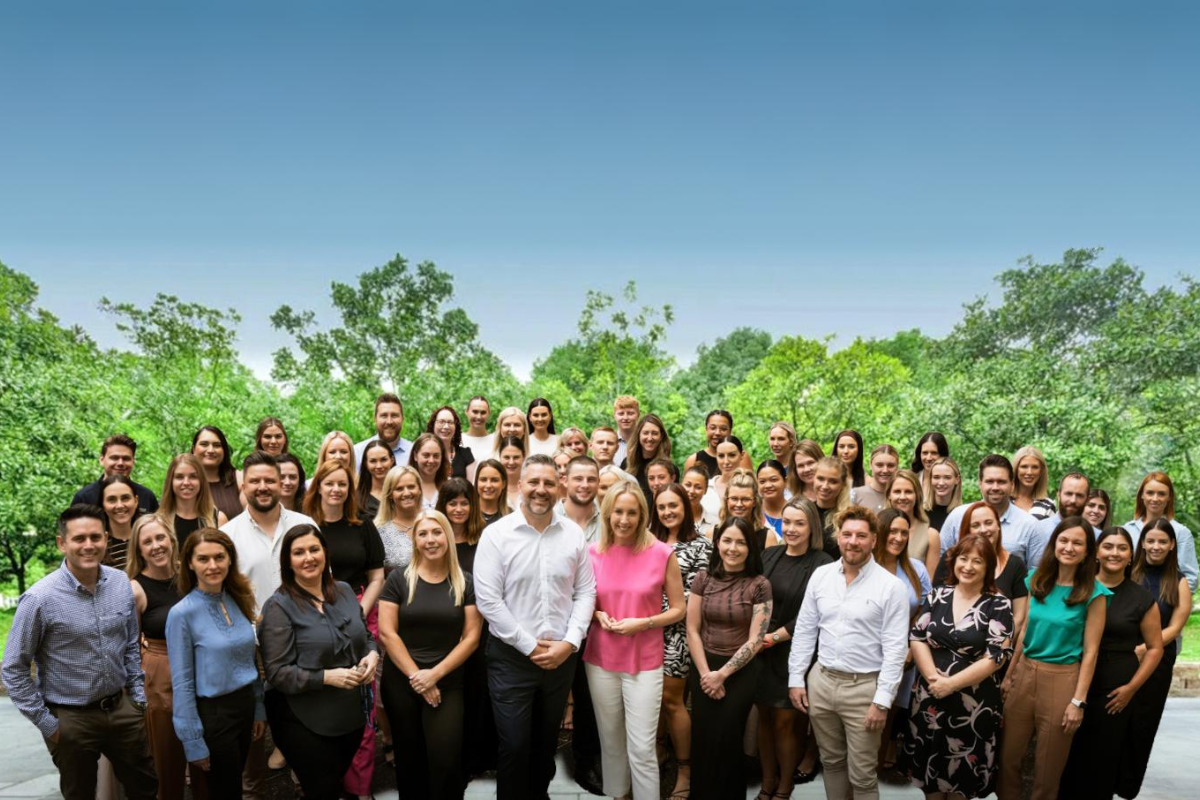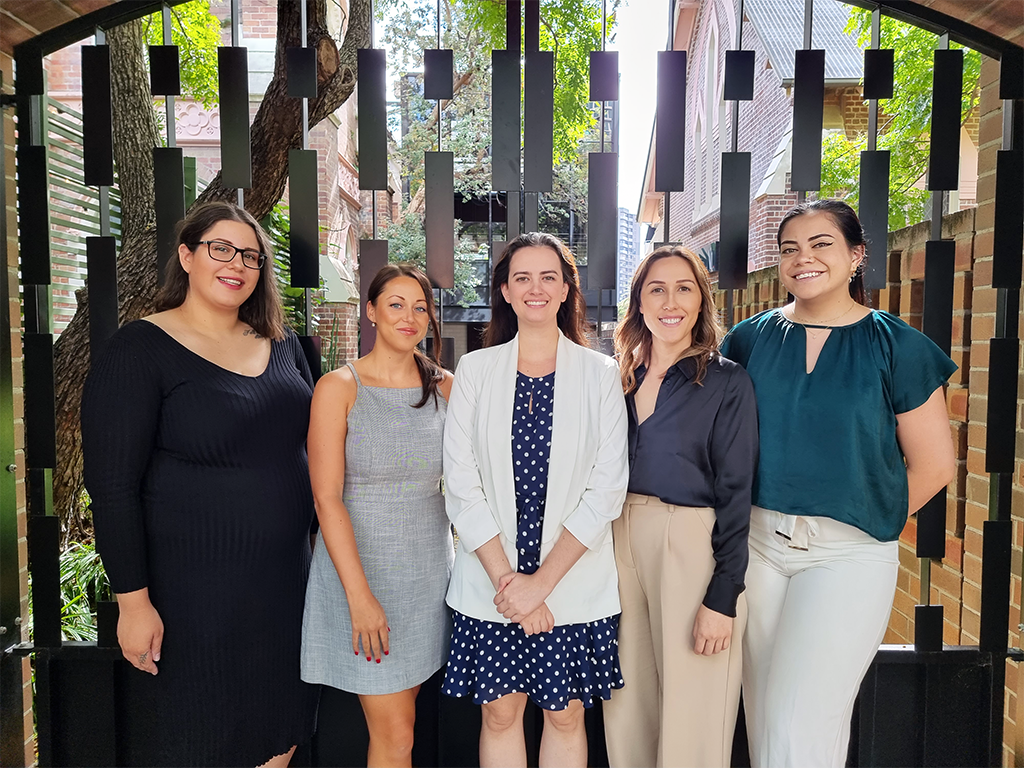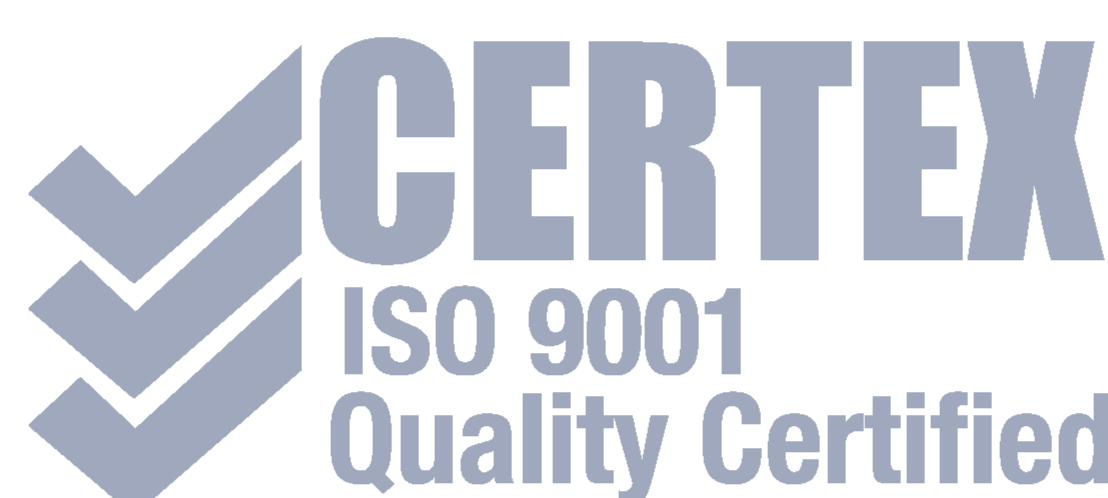The locum life
Dr Kenny Parra lives the best of both worlds – he has a permanent part-time role as a Salaried Medical Officer (SMO) in a rural emergency department, is an Australian College of Rural and Remote Medicine registrar, does some hours in intensive care and does locum retrieval work during the cooler months.
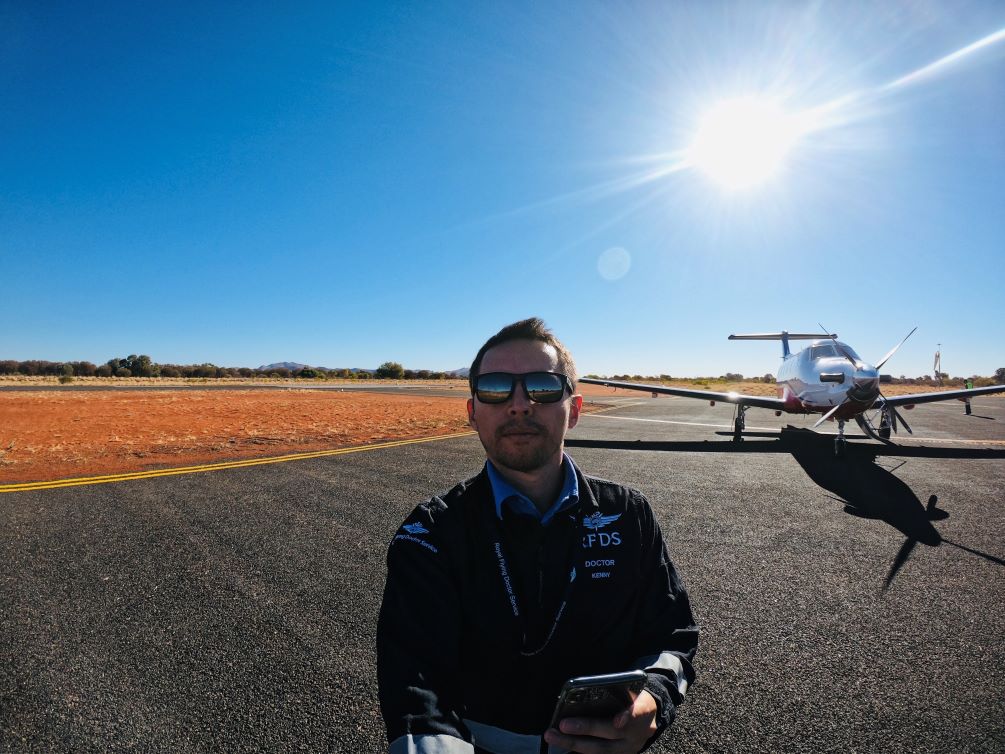
“I started locuming six years ago and, initially was attracted to the higher paying rates. “Particularly when my children were young, there was the flexibility of working in my spare time and to choose the shifts I wanted to do,” said Dr Parra.
“I love exploring and traveling to new areas and locum jobs have taken me to every state and territory in Australia, especially when doing retrieval locum jobs. It has also added an extensive range of experiences and
knowledge to my practice.
“Retrieval is extremely broad. From kids, to trauma to burns and myocardial infarcts.
“There are a lot of cases that cannot be managed at remote, small, nurse-only clinics and we take these patients to bigger regional hospitals.
“I have transported trauma patients on a stretcher, on the back of a ute or on our way to the airstrip. Once, we had to go to a station to pick up a trauma patient, he had spinal injuries and the only vehicle available was a
ute. We used our stretcher, immobilised the patient and transported him to the plane on the back of a ute.
We have picked up trauma patients public roads and have transferred septic patients from small hospitals to definitive care.
“I have seven years of intensive care, five years of retrieval and three years of emergency experience. I’ve been employed by Queensland Health as a permanent, part-time rural emergency SMO for two years. I also do
a small amount of ICU hours (to keep my ICU skills up)
and locum as a retrieval doctor.

“Retrieval puts you in an unknown environment with limited resources and makes you resourceful. I also found that there was so much need in remote communities for help and wanted to apply my acute care skills out of intensive care.”
Dr Parra said there were many things he learned doing locuming work that he then took back and applied to his practice.
“After working in a few EDs where nurses didn’t cannulate, we trained all our nurses and now they are all proficient at IV cannulation.
“I learned different techniques for reduction of shoulder dislocation, management of a very difficult airway on a patient with severe facial subcutaneous emphysema and different nerve blocks,” he said.
Cornerstone’s Senior Recruitment Specialist Sahra Rabaud said locuming was a great way for doctors to do the work they love, but may not get the chance to do full-time, like retrieval.
“It’s nice knowing you are really helping a facility or a community in need. It’s great to find roles for doctors that they haven’t been offered before,” said Sahra.
*This article features a Cornerstone Doctor and appeared in the AMA Queensland Doctor Q Summer Edition 2019 Magazine.
You might also like…
Navigating Locum Life: A Family Adventure
“CMR provides so much flexibility… It just works so well for our family,”
Read moreSupporting Our Growing Community
Here at CMR, we love creating happy communities, and our team is at the heart of everything we do. That’s why we’re delighted to share some exciting news about the growth that’s been quietly unfolding behind the scenes at Cornerstone Medical Recruitment!
Read moreMeet Your Candidate Care Team
Meet our Candidate Care Coordinators for the team! They support you and the consultants from pre to post placement.
Read more
